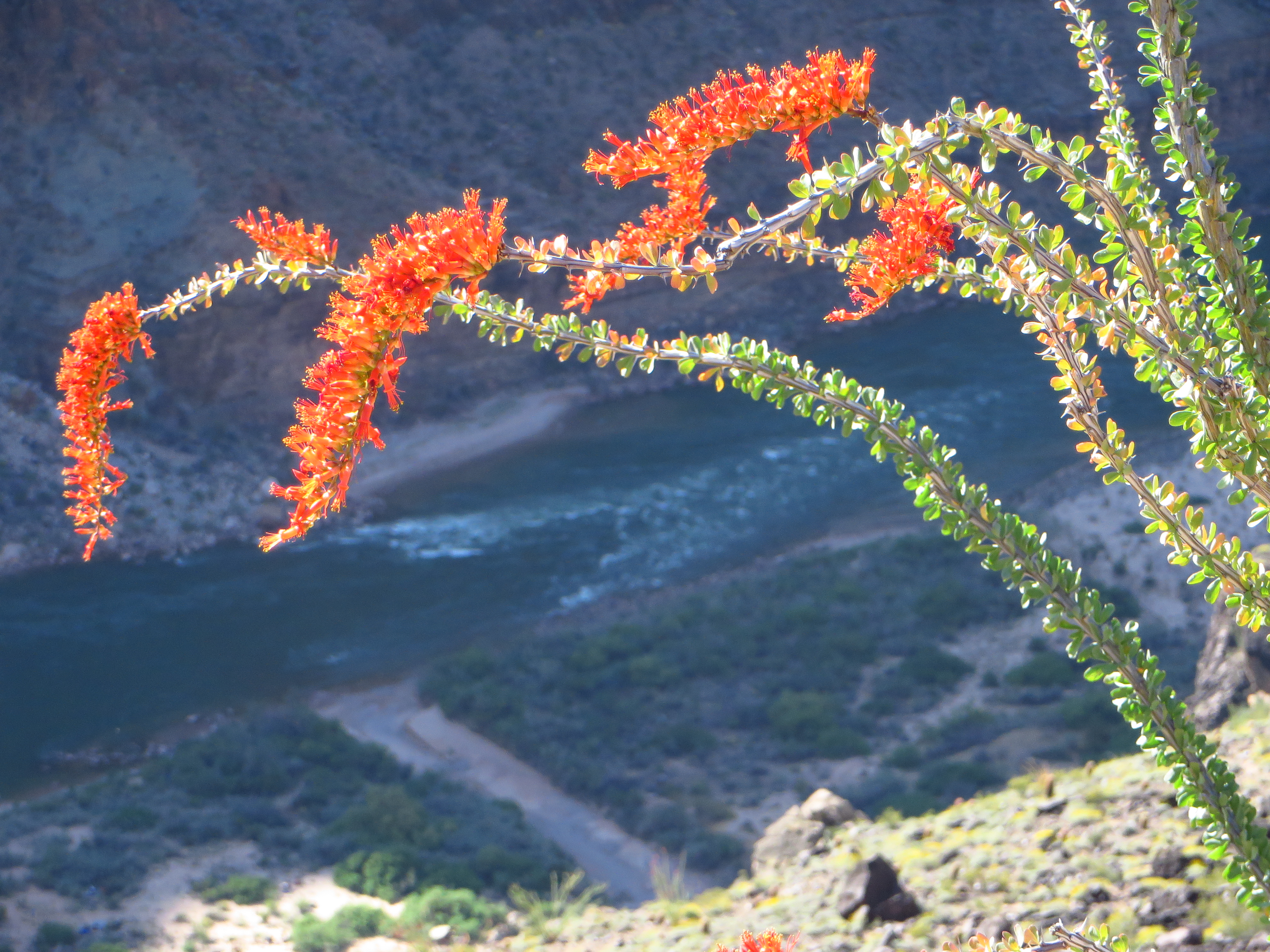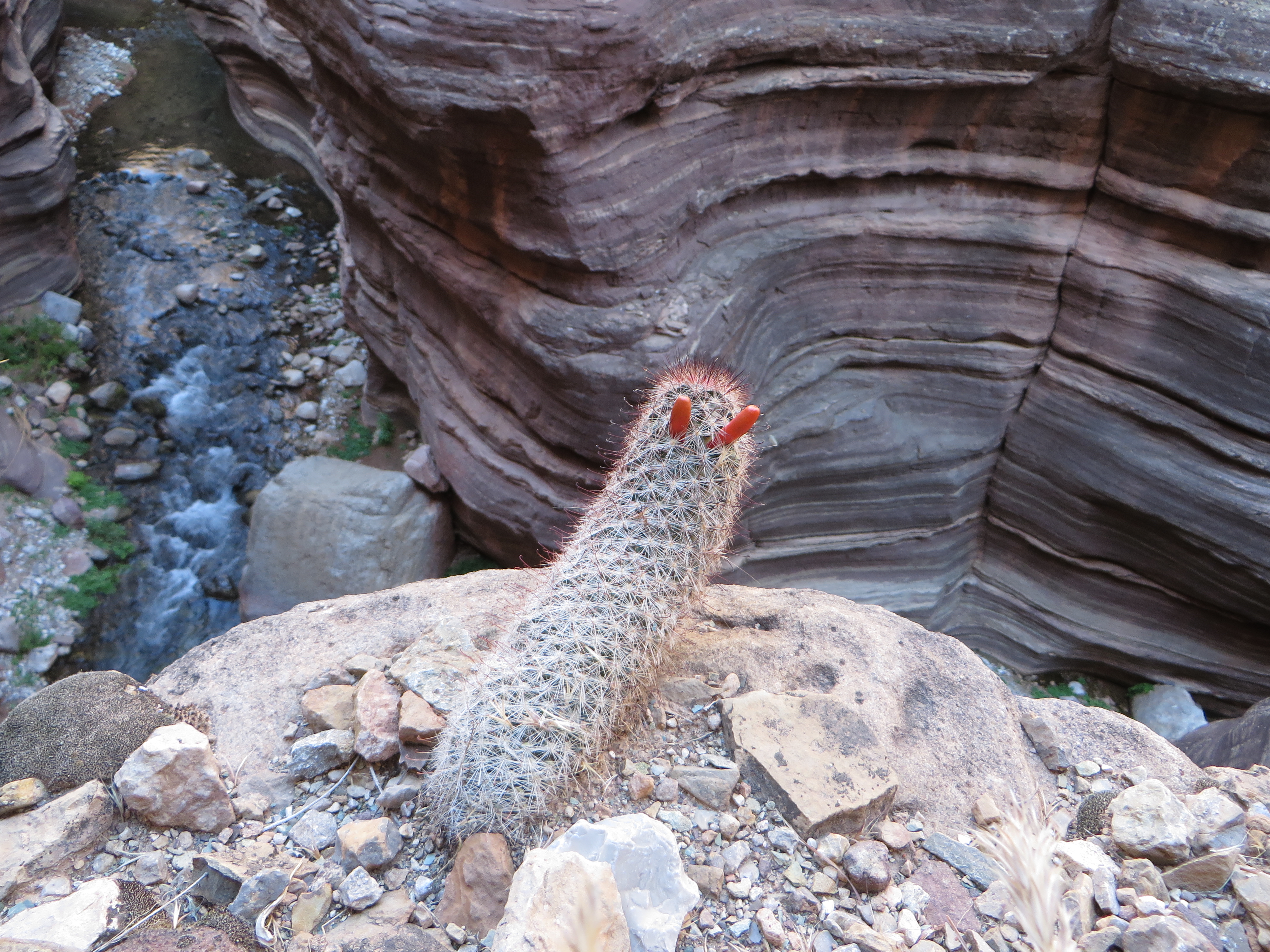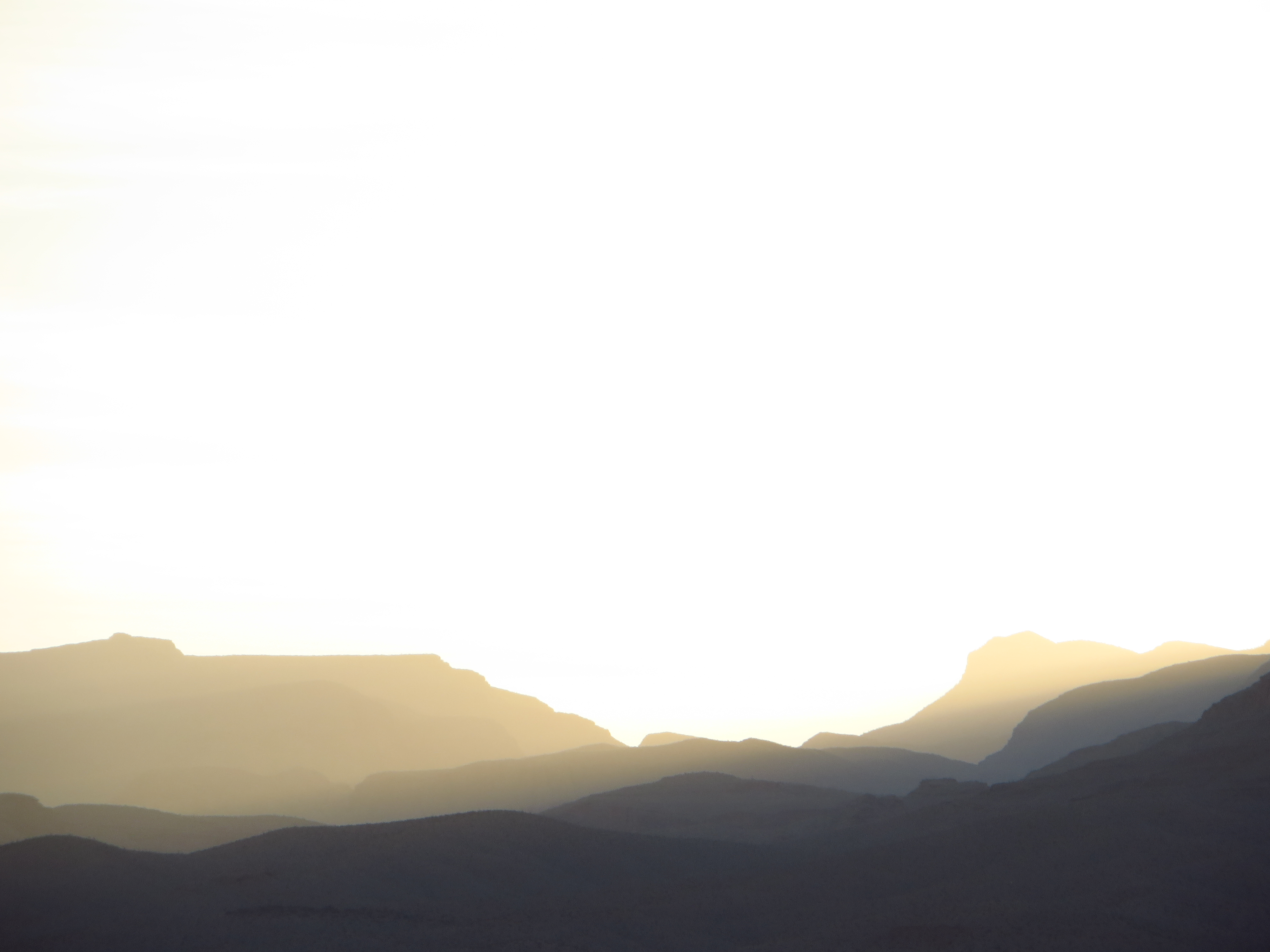originally written for and published by She Explores.
I’d like to preface this by stating that I don’t usually call myself a river guide. I’m in an apprenticeship, of sorts, as a “boat assistant”—I’m not certified and I don’t run my own boat, yet.
In our world, we’re called Swampers.
Many nights, when I close my eyes, I’m thinking about the river. Sometimes I’m floating downstream, sometimes I’m entering a rapid. Sometimes I’m already in the waves heading to disaster and my stomach drops, I feel the adrenalin start to build until I open my eyes and remind myself that I am, in fact, in bed. These days that bed could be any number of places. I have spent the last six months on the road, returning at times to some home base but always, always, moving. When I was a child I dreamt of travel and believed that it wouldn’t ever really happen. Some dreams seem too big, too bright, impossible.

I first went rafting when I was fourteen. The Kaituna River is next to my home in New Zealand and has a 7m, or 21ft, straight waterfall. Rafts going over that fall have about a 50/50 chance of staying upright or flipping. Either way the boat disappears entirely in the confusion of water and foam for a few seconds, and makes for great watching from the walkway across the river. I loved it, and I wanted it, but since real people don’t just run off and become river guides I was convinced I had to go study, get a degree, and find a job. At least, that’s what I thought—I expected university to answer all of my questions. It didn’t, of course, but it did randomly assign me a roommate in the freshman dorms of UC Santa Barbara. We lived together again senior year and she shared her stories of a summer spent on the Colorado River, rafting through the Grand Canyon. I stared in envy at her photos, and when she later emailed me an application link it didn’t matter that I’d already flown home to New Zealand on a one-way ticket, or that I was planning to move to Wellington and find a life there. Soon I was buying another one-way flight back to California, and driving out to the red mesa deserts of Northern Arizona.

I have been down through the Grand Canyon eighteen times now. A pittance, compared to some, but an immensity to me and immense is one of the best words to describe the place. The heat thick in the air, the air so still you can’t breathe. Wind that bulldozes kitchen tables and chaps skin, rain that comes down so thick and fast that you can’t do anything but laugh, you can’t even see downstream. Is that our boat there or have we caught up to another trip?
“YEAAAHH! If you can’t do this give me the oars otherwise wait till you’re right above the tongue pull right and f*g SQUARE UP!!!” Square up? I can’t even see the rapid!
In the canyon’s upper reaches early morning and late afternoon sun lights up walls stained red by iron oxide leached from a higher rock layer called Hermit Shale, and they glow. Walls of bright red embers, on fire with the heat of the desert. Furnace Flats in midsummer afternoons is full of heat and light so intense that you can barely look out from under your hat to spot the tiny Desert View Watchtower up on the South Rim. Then, straight after, you drop into the Upper Granite Gorge, into the tall black narrow stretch of big rocks, big rapids, big drops.
First up, is Hance.
“Ah you’ll do fine. The first days are easy. Then on the third day you’ll hit Hance.”
“What’s Hance?”
He looked over at me, old ball cap and t-shirt, weathered skin and white hair, two hands on the steering wheel, two tonnes of truck and boat below and behind us hurtling down the road to Lee’s Ferry, decades of the river in his memory.
“Hance is where you leave all acknowledged faith behind.”
And he turned back to the road.
That was my first trip. Before I had driven anything, or knew the river at all, when I would say Hans instead of Hance, when I still didn’t know what to expect. I was nervous about living up to the physical strain of the work, but even all of my rapid-fire last-minute training of running up hills and doing push-ups didn’t prepare me for the surprises of that first season. Trip one my knees swelled so badly I couldn’t step off of the boat and had to sit and slide. By the end my feet looked like frosted prickly pears: puffed, purple, cracked, and dry. Trip three I developed an abscess on my left shoulder blade we dubbed Quasimodo, that boiled up so tight I couldn’t straighten my shoulders properly for most of the eight-day trip. Mid-season my right knee blew out with no warning and I had to fly out with the passengers to be put into a straight-splint and told I would miss my next trip. Skin chapped and cracked and bled. I was berated and commended, saw passengers and crew grow upset and felt like yelling myself, I made friends and tried not to make enemies. The next year it seemed some people hadn’t expected me to come back but I returned, and completed my second season without similar injury. It is solid physical work, setting up and breaking down camp every day, driving or rowing boats, hiking and simply being in the elements, and I love it. There is no environment like the canyonlands, and no canyon like the Grand. There I have rediscovered the simple joy of childlike excitement, the amazing feeling of flying because you’re happy; I rediscovered gobsmacked awe. These landscapes have a just-around-the-corner beauty that pulls me ever further into the vastness, the closing walls and opening vistas, the labrynthine twists and hidden gems. They are teasing and they are blatant, subtle and brash.

There is a place in Furnace Flats that overlooks the river. A cliff that looks like a giant sliced a chainsaw through a hill and took away the other half, where the flowing lines and contours of the land are left hanging in its sudden and startling disappearance. When the days are cooler you can pull in to the shore and tie up the boats, gather your people and walk up to the height. Far below the whitewater of Unkar rapid rages past as you stand at the very edge, looking out over the undulating and jagged landscape and its river. Some passengers hang back, some go right up to see. You have all been down in the depths of the walls for days, and now you’re on top of the world.
Some nights when I close my eyes I see these people of the river instead. The myriad different lives intertwined in the Canyon, the people I work with and the people I work for—our passengers are the reason we are there and they are what keep us coming back. The man in his retirement, standing at an overlook with the widest smile and brimming tears, looking at a view that he saw in a photograph twenty years before and has finally made it to in person. The young woman with her girlfriend and intended fiance, the adventurer who scares you with his seemingly dangerous confidence. The scared and the reckless, the tired and the unimpressed. All kinds come and we take each one down to the river’s edge and onto the boats, into a world far away from television and cellphone reception, roofs and electric nights.

It can make for a strangely intimate workplace. In order to pull the trip together the guides have to form a team, and since we work and live on the boats we spend a lot of time together. Some liken it to a weird and dysfunctional family, I like feeling that I am working with friends though I don’t care for living in a small world. I find there is too much talk in small communities for me, especially male-dominated ones with a history and reputation of hazing new guides and disrespecting women. I do think that this mentality is now changing for the better, if slowly. Still, sometimes the line seems to grow thinner in this world, like walking near an edge in mercurial weather. I have laughed along, at the time, I’ve been shamelessly flirted with and I have to admit have responded in kind. It is a strange, dark kind of wonderland in the depths of the Canyon.

For all of its darker sides and middle of the night thunderstorms this world has changed me for the better. It has given me the time to fulfill that childhood travelling wish and the confidence to run at the edge and leap, it has helped me to grow up and to trust myself. Either you do or you don’t when running the canyon and that requires a high level of focus, training, and learning to adapt. In Arizona I relaxed enough to start moving past some social anxieties and to recognise others; I learnt the importance of accepting failure and moving on, of acknowledging success and building on it. I started to recognise that it is okay to need help with some things, and that there are times you have to be able to rely on yourself to figure it out instead. Questions are not always welcomed. Driving, and rowing, come down in the end to you and the river, and the choices that you make with split-second timing.
Those choices aren’t easy to put into words. I can’t describe driving a rapid. The way the world narrows to just the boat, the waves, the rocks, and you. How you hang on with one hand to the motor handle and one to the boat, or scramble for some kind of purchase after things have gone weird and you’re trying to regain your footing. How you see something coming and spin around, grab the lifting handle on that giant beast of a motor, plant a foot, and heave it out of the water. How you drop into a hole you weren’t meant to go near and feel everything crash down through it as you’re thrown around the motorwell, all of your mind concentrated on keeping the boat and passengers safe as well as happy. You’re crouched down as the boat lifts up beneath you on a wave and then floating as it drops away again. You’re cursing under your breath or out loud, you’re cheering, you’re singing, you’re flying. Words are weak compared to that rage of adrenalin, the cold water and blasting sun, the torrential rain, the glassy sleek V of the tongue where the river slides into a rapid.

Our trip was over, the passengers long gone, the day brutally hot. I followed two of my crew up a natural rock staircase to the top of the ledge, leaving our boats and another crew at the river. The other two peered over the edge and then one by one ran and jumped and I watched them go, heard the splashes, saw their grins appear in the eddy just downstream. Their heads looked improbably small and I knew if I looked over first I’d never do it, so I shook my hands out, tested the grip of my toes on the flipflop straps, focussed on the edge. The first I saw of how high we were jumping was the boats, strangely small below, as I flew out into the open air. I seemed to pause there like a cartoon hovering mid-air before gravity, terror, and exhilaration all caught up.
I screamed the whole way down, and kept my eyes open wide.






